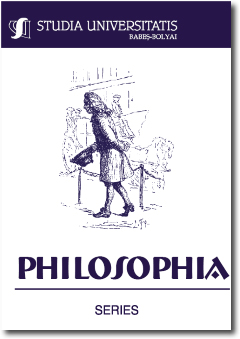ETHICAL CHALLENGES OF THE CONCEPT OF “SAVIOR SIBLING”. A SYSTEMATIC REVIEW
ETHICAL CHALLENGES OF THE CONCEPT OF “SAVIOR SIBLING”. A SYSTEMATIC REVIEW
Author(s): Cristina Gavriluţă, Mihaela Frunză, Adina Karner-HuțuleacSubject(s): Philosophy
Published by: Studia Universitatis Babes-Bolyai
Keywords: transplantation ethics; reproductive ethics; savior sibling; Kantianism; utilitarianism.
Summary/Abstract: The paper discusses the complexities of the issue of „savior sibling”, by analyzing it at the intersection of transplantation ethics and reproductive ethics. With the advance in bone marrow transplantation and stem cells transplantation, more life threatening diseases are starting to be cured. Recently, more and more news about children specifically conceived to help an elder sibling are spreading. Although this new technique brings hope to traumatized parents, it is not without ethical and sometimes legal controversies. If the embryo of the child is selected after IVF in order to make it as compatible as possible with the sick relative, several bioethicists have raised the issue of the dangerous vicinity of the prospect of „designer babies” – i.e., children expressly conceived with a view for a special characteristic that was desired by their parents. From a Kantian deontological-oriented perspective, the future child is desired not as much as an end in itself, but rather, and more importantly, as mere means for a greater end – that of eliminating the disease of another person. From a utilitarian perspective, the future child is not only good in itself, thus producing happiness for her parents, but increases the overall quantity of happiness by saving the life of his sibling.
Journal: Studia Universitatis Babes-Bolyai - Philosophia
- Issue Year: 57/2012
- Issue No: 1
- Page Range: 155-164
- Page Count: 10
- Language: English

